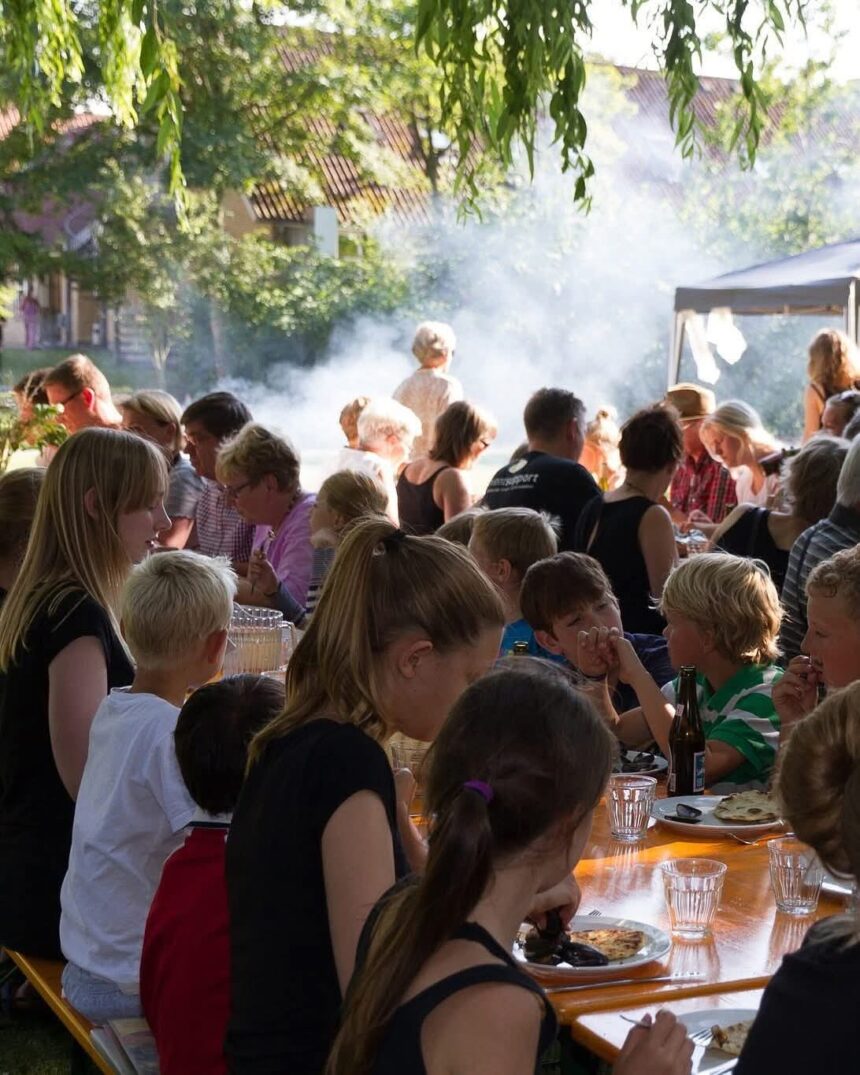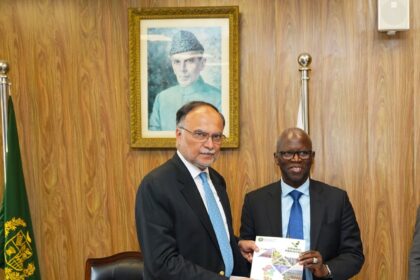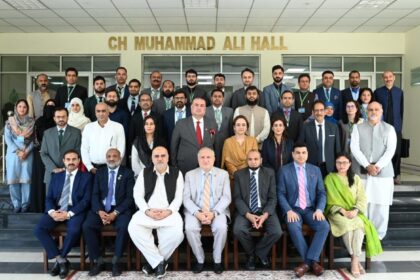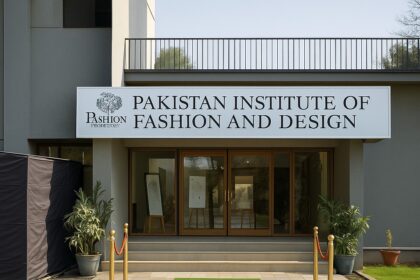Denmark’s unique approach to education goes beyond academic achievement, as folk high schools, or højskoler, have long provided Danish citizens with opportunities for personal growth and civic engagement. These schools offer an alternative learning environment focused on developing practical skills and fostering community, rather than earning grades or passing exams.
Founded in the mid-19th century, Denmark’s folk high schools were inspired by educational reformer Nicolai Grundtvig. He believed that making higher education accessible to rural populations was just as important as educating the urban elite. Today, this vision continues to shape the country’s educational landscape.
Attendance at a højskole is voluntary, and students are not evaluated through tests or assignments. The schools typically host “live-in courses” that last a week or longer, allowing students to immerse themselves in the community and learning experience. While not completely tuition-free, the cost is relatively low and usually includes accommodation and meals.
There are currently 75 folk high schools across Denmark, each specialising in areas such as film, design, sports, theatre, and politics. These institutions aim to nurture creativity, social awareness, and active citizenship, making them an integral part of Danish society.











